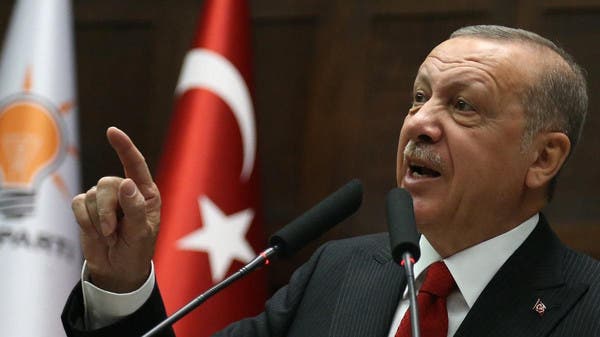Erdogan Slams ‘Vile’ Cartoon Depicting Prophet Moses and Prophet Mohammed
Ankara — Turkish President Recep Tayyip Erdogan has strongly denounced a controversial cartoon published by the satirical magazine Leman, which portrayed Prophet Muhammad and Prophet Moses shaking hands over a city devastated by war, in what appeared to be a reference to the recent Israel-Iran tensions.
Calling it a “vile provocation under the guise of humor,” Erdogan took to social media platform X (formerly Twitter) on Tuesday, asserting that individuals who act “insolently” towards the prophets would be held accountable under Turkish law.
“We will follow up on this,” Erdogan wrote, emphasizing that the Turkish judiciary and security forces had “immediately taken action regarding this hate crime.”
The cartoon, which appeared in the June 26 edition of Leman, was widely condemned by religious and political figures in Turkey. It featured a visual depiction—prohibited in Islam—of the two revered prophets standing over a bombed-out city, shaking hands. The image sparked public outrage, with critics accusing the magazine of deliberate blasphemy and exploiting geopolitical tensions for sensationalism.
Legal Measures and Public Reaction
Erdogan confirmed that the magazine issue had been confiscated, and legal procedures had been launched. He condemned the magazine’s editorial team as “immoral individuals, devoid of this nation’s values and of decency.”
“As long as we are in power,” Erdogan stated during a meeting with provincial leaders of his ruling Justice and Development (AK) Party, “we will not tolerate anyone insulting our sacred values.”
He further urged young people not to let their anger cloud their reason, calling for restraint despite the offense. His statement aimed to temper rising tensions while affirming the government’s commitment to protecting Islamic values.
Protests Outside Leman Office
Following the cartoon’s circulation online, videos surfaced on social media showing angry crowds protesting outside Leman’s headquarters in Istanbul. Some demonstrators were seen attempting to storm the building, shouting religious slogans and demanding accountability.
While police prevented major clashes, the atmosphere remained tense. Religious leaders and public figures called on media outlets to act responsibly and avoid stoking sectarian or religious sensitivities under the pretext of free speech.
The Sacred Boundaries of Representation
In Islam, any visual depiction of the prophets is strictly forbidden. This includes not only the Prophet Muhammad, but also earlier prophets such as Moses and Jesus, all of whom are deeply revered in Islamic tradition. The prohibition aims to avoid idolatry and preserve the sanctity of the prophetic image.
The cartoon not only violated this tenet but did so in a context laced with political and religious sensitivities, triggering widespread condemnation across Turkish society.
Erdogan’s swift and decisive response underscores his long-standing position as a defender of Islamic values on the global stage. He has previously criticized Western publications—such as the French magazine Charlie Hebdo—for similar depictions, framing them as part of a broader pattern of Islamophobia in the West.
However, this time the offense came from within Turkey’s own borders, igniting debate over the limits of satire, freedom of expression, and respect for religious beliefs in a polarized society.
A Broader Context of Tension
The cartoon’s reference to the Israel-Iran conflict further inflamed opinion. Analysts argue that intertwining sacred religious imagery with geopolitical turmoil crosses an ethical line, particularly in a region where faith, identity, and politics are deeply interwoven.
While Turkey maintains complex relationships with both Iran and Israel, Erdogan’s government has often positioned itself as a moral voice in the Muslim world, particularly on issues concerning Palestinian rights, regional stability, and religious respect.
This latest controversy plays directly into that narrative, allowing Erdogan to reinforce his government’s image as both politically sovereign and spiritually committed.


